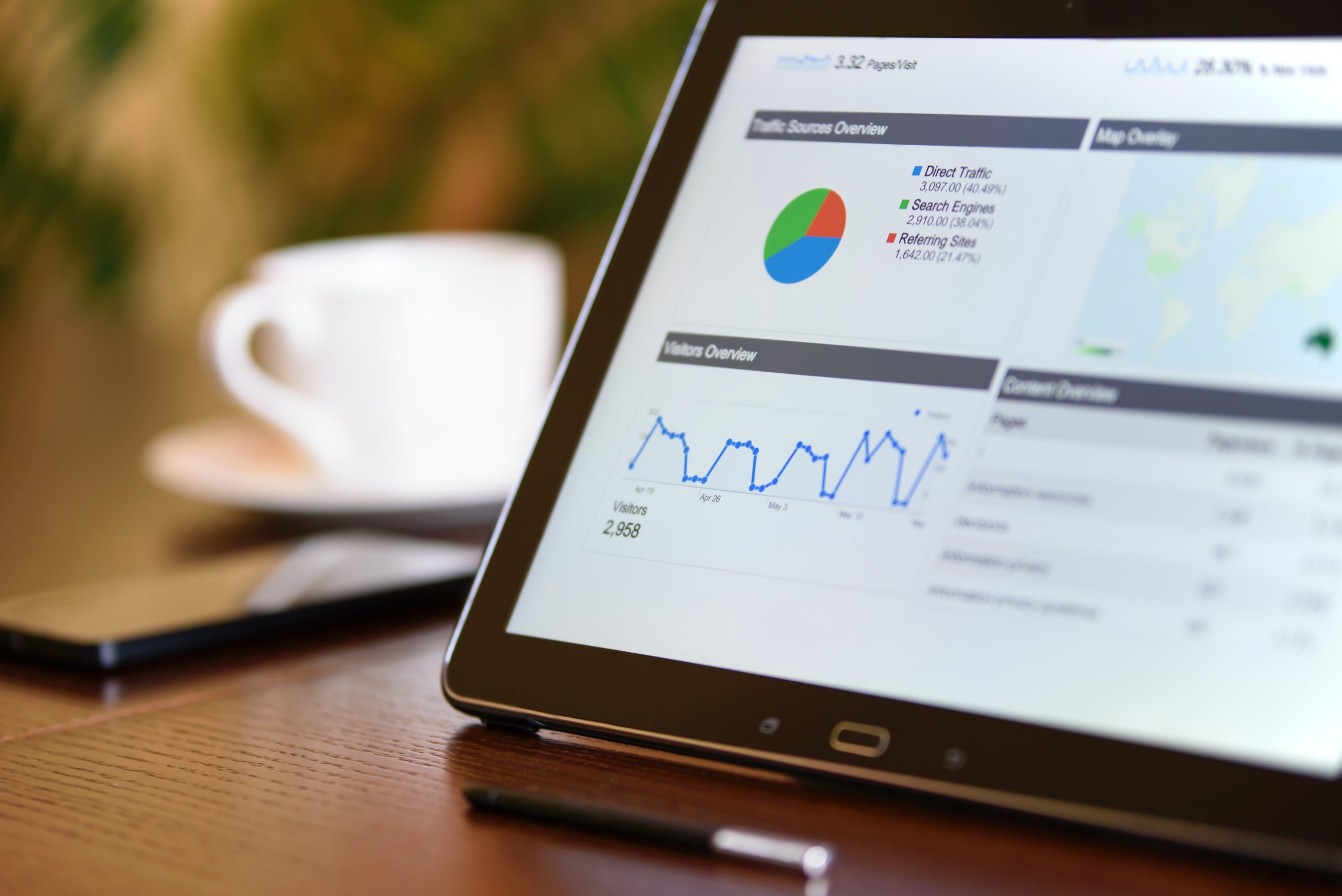In today’s digital age, having a website is essential for any business or individual looking to establish an online presence. However, simply creating a website is not enough. Regular maintenance is crucial in ensuring that your website continues to function properly and meet the needs of your audience.
Website maintenance involves a variety of tasks such as updating software and plugins, monitoring security issues, optimizing for search engines, and regularly publishing fresh content. In this article, we will explore the dos and don’ts of website maintenance to help you keep your site running smoothly and effectively. Whether you are an experienced web developer or just starting out with your first website, these tips will provide valuable insights into how to maintain a successful online presence.
Website maintenance explained
When it comes to website maintenance, there are some important dos and don’ts that every business owner should keep in mind. Firstly, it’s essential to back up your website regularly. This ensures that you have a copy of your site in case anything goes wrong during updates or changes. Additionally, updating software and plugins is critical to ensure the security and performance of your website.
However, while making regular updates is important, overdoing it can also be detrimental. Too many updates can cause compatibility issues between different plugins or themes on your site. It’s also crucial not to make any significant changes without testing them first. This includes website design alterations or introducing new functionality.
Finally, you must monitor your site for problems such as broken links or errors regularly. Regularly checking for these types of issues helps maintain the user experience on your website and ensures visitors remain engaged with the content presented on the site. By following these fundamental dos and don’ts of website maintenance, businesses can ensure their websites remain secure, functional and provide an engaging user experience for their visitors.

Do: Regular backups and updates
Regular backups and updates are crucial to the maintenance of any website. Backups ensure that in case of a data breach or server failure, important information can be restored quickly and efficiently. It is recommended to create backups on a regular basis, depending on the frequency of updates made to the site. A good practice is to have both local and offsite backups for added security.
Updates are equally important as they help keep your website secure and functioning smoothly. Regular updates include software, plugins, themes, and other components of the website’s infrastructure. These updates often contain bug fixes, security patches, and new features that improve the overall functionality of the site. Failing to update regularly can lead to vulnerabilities in your website’s security which can be exploited by hackers or result in poor user experience due to outdated features.
In summary, regular backups and updates should not be overlooked when it comes to maintaining a website. They serve as preventive measures that safeguard against potential risks such as data loss or cyber-attacks while enhancing user interaction with your site through improved functionality. Make sure you establish a routine for these essential tasks so that your website stays up-to-date with current trends while maintaining its integrity over time.

Don’t: Neglect security measures
Neglecting security measures can result in disastrous consequences for your website. Cyber attacks and malware infections can easily compromise your site’s data, leaving it vulnerable to theft or destruction. Neglecting security measures can also damage the reputation of your website, resulting in a loss of trust from your users.
To prevent such calamities, you should prioritize implementing robust security procedures. This includes using secure passwords, keeping software and plugins up-to-date, installing firewalls and antivirus software, and regularly backing up important data. Additionally, you should consider investing in SSL certificates to ensure that all communication between your server and users is encrypted.
Remember that neglecting security measures is not just risky but also expensive. The cost of repairing the damages caused by a successful cyber attack or malware infection far outweighs the cost of implementing preventive measures beforehand. Therefore, it is critical to be proactive about security maintenance when managing a website.

Do: Monitor website speed and performance
Monitoring your website speed and performance should be a top priority when it comes to website maintenance. Visitors expect fast-loading websites, and slow loading speeds can lead to high bounce rates and poor user experience. Regularly checking your website’s speed and performance can help you identify any issues that may be affecting its performance.
One way to monitor your website’s speed is by using online tools such as Google PageSpeed Insights or GTmetrix. These tools analyze your website’s loading time, page size, requests, and other metrics that affect the site’s overall speed. Based on the results, you can take steps to optimize images, reduce server response time, or use browser caching.
Additionally, monitoring your website’s performance involves checking for broken links or errors that may cause pages to load incorrectly or not at all. Using tools like Google Analytics will give you an overview of how visitors are interacting with your site in real-time so you can make informed decisions about changes needed for optimal functionality. By regularly monitoring your site’s speed and performance, you can keep it running smoothly while ensuring a seamless user experience for visitors.
Don’t: Ignore broken links or errors
When it comes to website maintenance, ignoring broken links or errors is a big no-no. Broken links can impact user experience and lead to frustration, causing visitors to leave your site and potentially never return. It’s important to regularly check for broken links or errors and fix them promptly.
In addition, broken links can also negatively affect your search engine rankings. Search engines like Google prioritize websites that offer a seamless user experience with functioning links. If there are too many broken links on your site, search engines may consider it unreliable and push it down in the rankings.
By regularly checking for and fixing broken links or errors on your website, you can ensure that visitors have a positive experience while also improving your search engine optimization efforts. Don’t underestimate the importance of keeping your website error-free!

Do: Use plugins that help with maintenance
Using plugins is one of the best ways to optimize your website maintenance routine. They can help you automate repetitive tasks, keep your site secure and improve its performance. For example, backup plugins can create regular backups of your site so that you don’t lose any data in case of a crash or hack attack. Security plugins can monitor your website for vulnerabilities, block malicious IPs and notify you if anything suspicious happens.
Another important aspect of maintaining a website is optimizing its speed and performance. Slow-loading pages not only frustrate users but also negatively affect search engine rankings. This is where caching plugins come in handy as they store frequently accessed information on the user’s computer instead of requesting it from the server every time. Additionally, image optimization plugins compress images without losing quality which reduces their file size and loading time.
In conclusion, using plugins wisely can significantly reduce the workload involved in maintaining a website while improving its functionality and security. However, it’s essential to remember that too many plugins can slow down your site or cause compatibility issues with other features. Therefore, choose reliable plugins from trusted sources and only install those that are necessary for optimal site performance and ease of maintenance. Some of the best maintenance plugins around are Coming Soon & Maintenance Mode, UnderConstructionPage and WP Maintenance, so be sure to prioritize them on your list.
Conclusion: Importance of website maintenance
In conclusion, website maintenance is a crucial aspect of any successful online presence. Regularly updating and optimizing your website ensures that it remains relevant, user-friendly, and secure. The importance of maintaining your site cannot be overstated as it directly affects how visitors perceive your brand.
By regularly updating content and fixing broken links or errors, you can enhance the user experience on your site. Visitors are more likely to return to a site that is easy to navigate and provides valuable information. Additionally, keeping your website up-to-date with the latest security measures protects both you and your users from potential cyber-attacks.
Ignoring website maintenance can lead to negative consequences such as decreased traffic, lost revenue opportunities, and even harm to your brand’s reputation. On the other hand, investing in regular upkeep can result in increased traffic through better search engine rankings and improved user engagement. Overall, making website maintenance a priority should be at the top of every business owner’s list for ensuring their online success.
